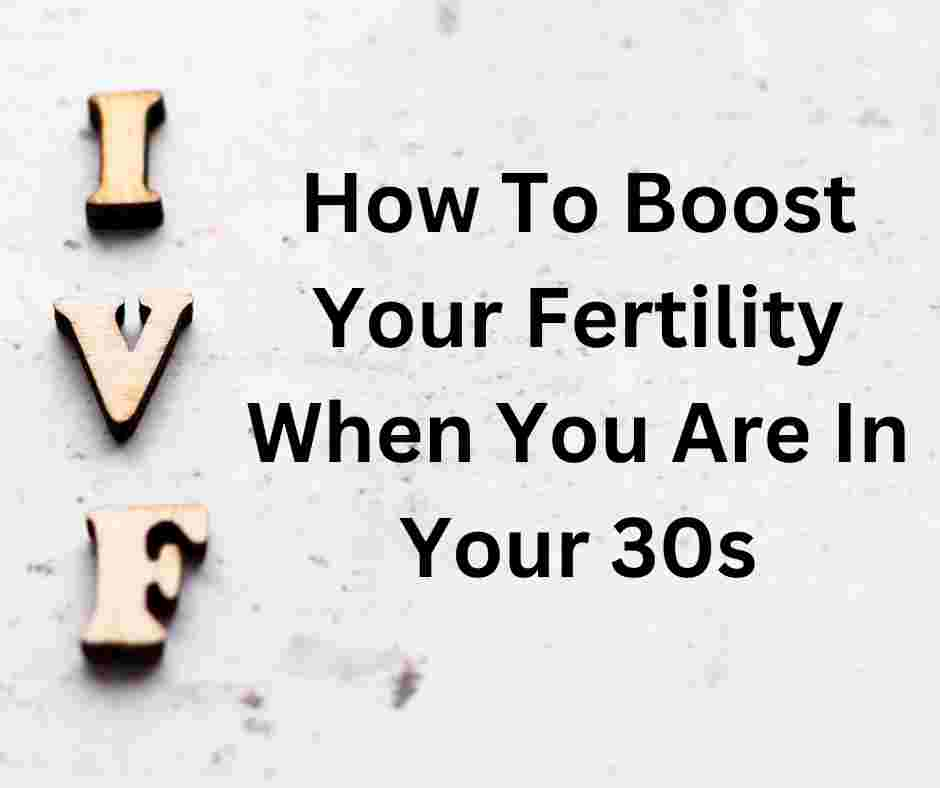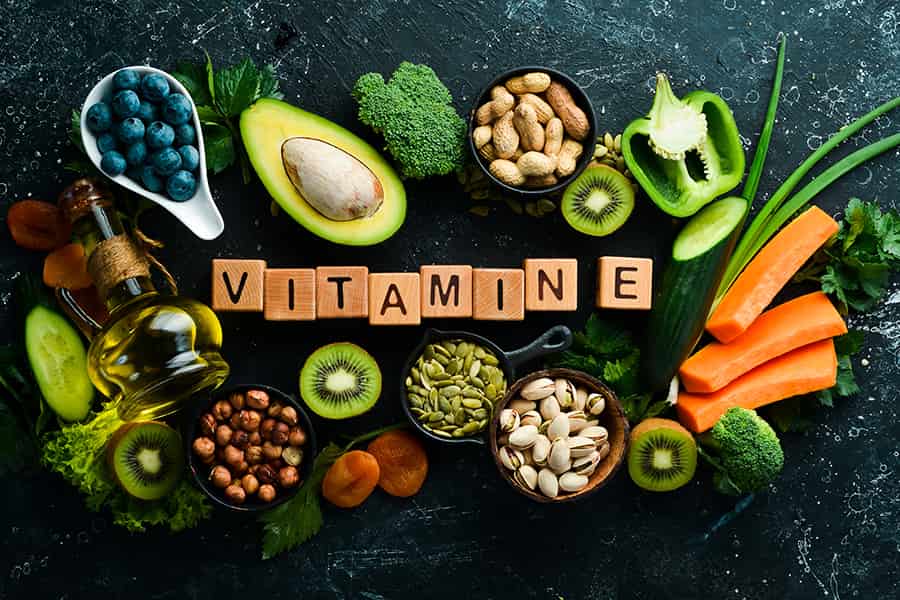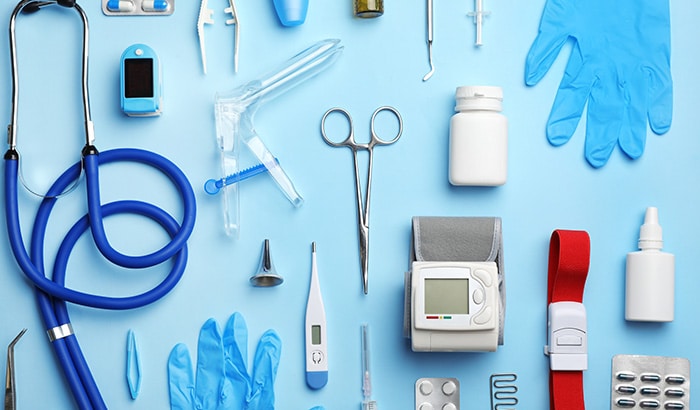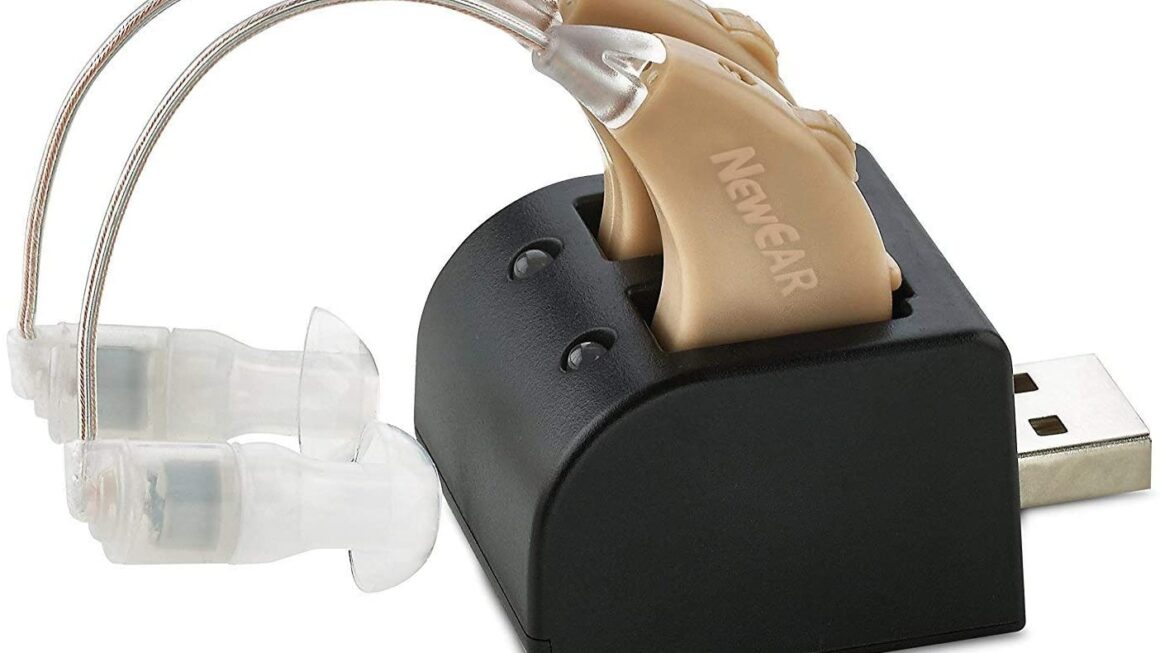As you enter your 30s, you may start thinking about starting a family or expanding the one you have. However, fertility can decrease as you age, making it more difficult to conceive. Thankfully, there are a plethora of steps you can take to boost your fertility and enhance your chances of getting pregnant.
Understanding Fertility in Your 30s
First, it’s important to understand how fertility changes as we age. The decline in fertility typically starts around age 32 and becomes more significant after age 37. This is because a woman’s egg quality and quantity start to decrease as she ages. Moreover, the risk of pregnancy complications, like miscarriage and chromosomal abnormalities also increases with age.
But, remember that everyone is different, and some women may experience more significant declines in fertility than others. It’s also important to remember that men’s fertility also declines with age, although the decline is typically less significant than it is for women. You can consult medical advice or go for IVF treatment it’s important for you to choose an IVF center that is reputed where the doctor can help evaluate your fertility and provide guidance on the best options for achieving pregnancy.
Factors Affecting Fertility
- Age: As mentioned earlier, age is one of the most significant factors affecting fertility in your 30s.
- Lifestyle: Various factors such as diet, exercise, and stress can all impact fertility. Maintaining a healthy lifestyle can help improve fertility outcomes.
- Medical conditions: Medical conditions, like polycystic ovary syndrome (PCOS) and endometriosis, that can impact fertility.
- Environmental factors: Exposure to certain toxins and chemicals can also affect fertility.
How to Boost Your Fertility in Your 30s
Maintain a Healthy Weight
Maintaining a satisfactory weight is important for your general well-being and health, but it can also have an effect on fertility. Being overweight or underweight can disrupt your menstrual cycle as well as hormone levels, making it difficult to conceive. Women with a body mass index (BMI) over 24.9 or under 18.5 have a higher chance of getting pregnant.
To increase your fertility, try to keep a healthy weight with a well-balanced diet and regular exercise. Fruits and vegetables, complete grains, lean protein, & healthy fats should all be included in a healthy diet. Processed food, sugary drinks, & alcohol can all disturb your hormone balance and negatively impact your fertility.
Read more : Dhoop Sticks for the Winter Season
Keep track of your menstrual cycle.
Keeping track of your period is an effective way to determine your most fertile days. This can help you plan intercourse around the time when you are most likely to conceive. You can use a fertility tracking app or a paper calendar to record the start and end dates of your periods, as well as any other symptoms you may experience, such as cervical mucus or changes in basal body temperature.
To track your ovulation more accurately, you can also utilise ovulation prediction kits. These kits detect the rise in luteinising hormone (LH) prior to ovulation, signalling that you are about to ovulate. Having intercourse during this time period may improve your chances of becoming pregnant.
Reduce Your Stress Levels
Stress has been shown to have a negative impact on fertility. When you are stressed, your body creates cortisol, that can interfere with the development of oestrogen and progesterone, the hormones that control ovulation and pregnancy health. Chronic stress may also interfere with your menstrual cycle, causing it to become more irregular.
Practice relaxation techniques such as yoga, meditation, or deep breathing exercises if you wish to reduce your stress levels. Also, getting regular exercise, spending time outdoors, and socialising with friends and family can also help to manage your stress levels.
Quit Smoking and Limit Alcohol
Smoking and alcohol can have a negative impact on your fertility. Smoking can damage your reproductive organs and decrease your egg quality and quantity, while alcohol can disrupt your hormone levels and affect your ovulation.
You need to quit as soon as possible, especially if you are trying to get pregnant. Consult your doctor regarding smoking cessation programs and medications that can help you quit. If you drink alcohol, limit your intake to one or two drinks per week or avoid it altogether.
Visit Your Doctor Regularly
Regular visits to your doctor can help you identify any underlying health issues that may affect your fertility. Your doctor can also provide you with advice on how to improve your fertility and recommend fertility treatments if necessary.
During your visit, your doctor may perform a pelvic exam, blood tests to check your hormone levels, and a semen analysis for your partner. They may also recommend an ultrasound to check for any abnormalities in your reproductive organs.
How To Boost Your Fertility When You Are In Your 30s: Final Thoughts
Boosting your fertility in your 30s requires a combination of lifestyle changes and medical interventions. By maintaining a healthy weight, tracking your menstrual cycle, reducing your stress levels, quitting smoking, limiting alcohol, and visiting your doctor regularly, you can increase your chances of getting pregnant and starting or expanding your family. Always remember that it is never too early or too late to start taking care of your body.












